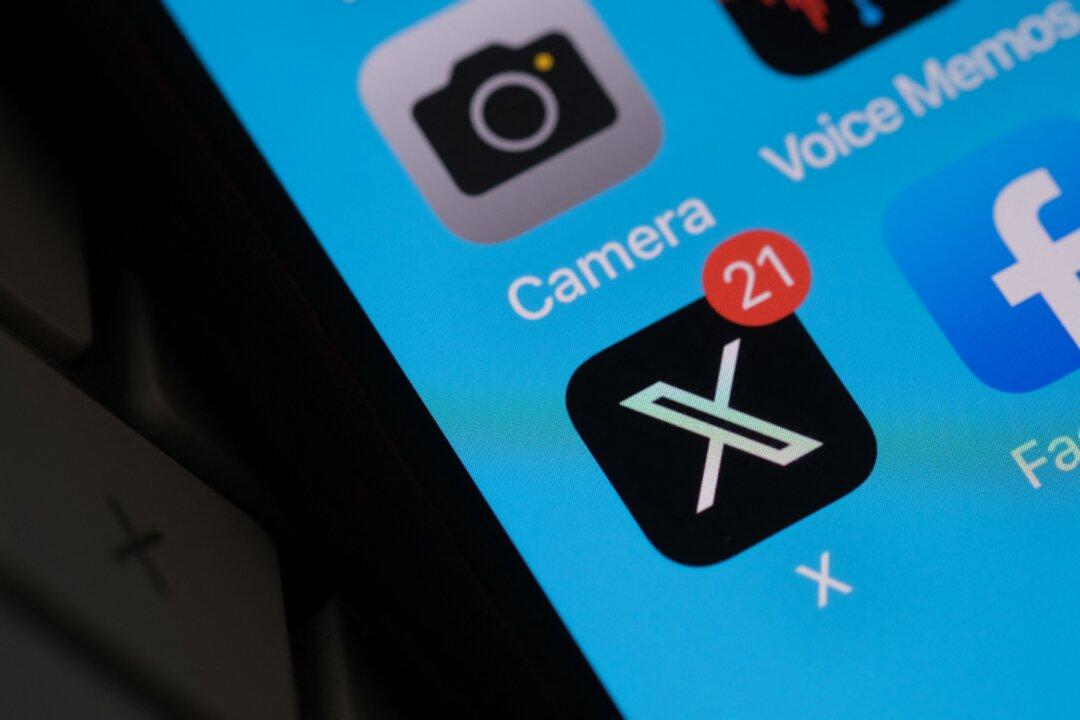The Liberal government’s new bill addressing “online harms” will apply to all content posted to social media, live-streaming, and adult websites, but bypass private communications.
Bill C-63 seeks to amend the Canadian Criminal Code and Canadian Human Rights Act to regulate the internet when it comes to content involving sexual exploitation, bullying, deepfakes, and “hateful conduct.” It also seeks to establish a Digital Safety Commission and other organizations to ensure digital platforms are following the new rules.





